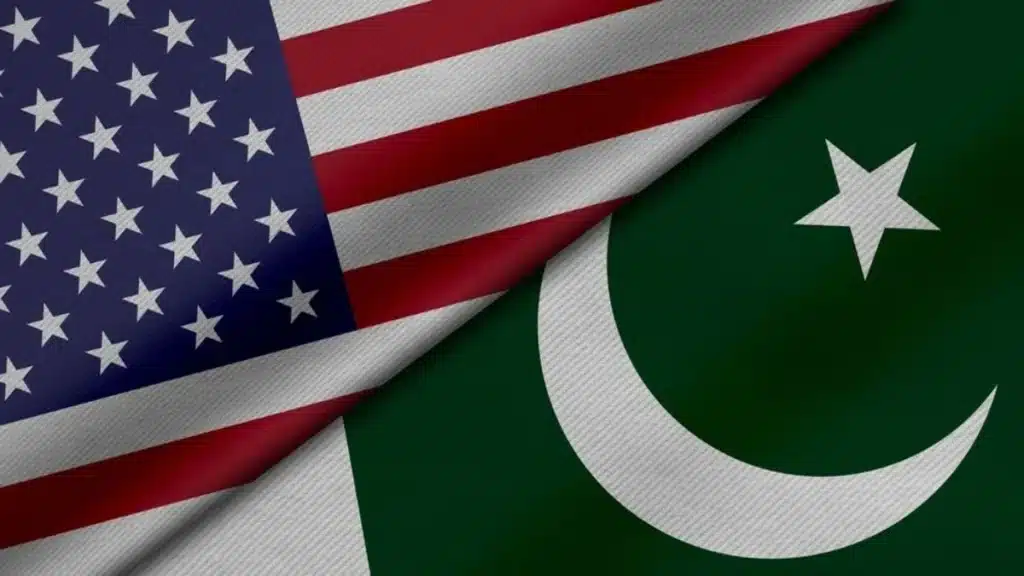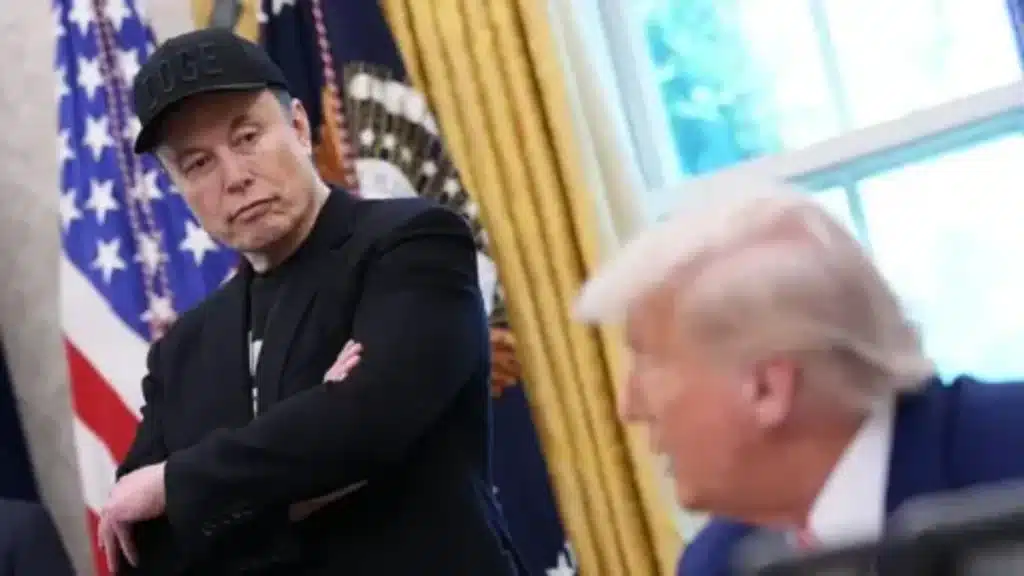Amid escalating tensions with China, former US President Donald Trump insisted on Friday that his tariff strategy is working and will benefit both the United States and the global economy.
His comments came just hours after Beijing announced it would impose tariffs of up to 125 per cent on US imports starting Saturday — a move that nearly mirrors the 145 per cent levies the US placed on Chinese goods.
The ongoing trade war between the world’s two largest economies sent shockwaves through financial markets. Stock prices swung wildly, the US dollar plunged to a three-year low against the euro, and government bond yields rose, reflecting growing investor anxiety. Gold prices surged as investors sought safer assets.
In a social media post, Trump claimed the tariff policy was progressing well, calling it “very exciting for America, and the world.” However, his earlier move to backtrack on sweeping import duties for several countries — while keeping higher tariffs on China — failed to reassure markets.
Chinese President Xi Jinping responded by stating his country was “not afraid” of the trade conflict. Speaking alongside Spain’s Prime Minister, he called on the European Union and China to stand together against “unilateral bullying.” The EU is expected to hold a summit with China in July, and its trade chief will meet US officials next week.
China’s Commerce Ministry blamed the US for the trade breakdown, labelling Washington’s tactics a “numbers game” and warning they would soon become a “joke.” While Beijing set high tariffs, its finance ministry signalled they had reached their limit, as such rates effectively block most imports.
Despite the rising tensions, Trump expressed hope for a deal with Xi, calling him “a friend” and saying a mutually beneficial agreement was still possible. Yet, US officials have signalled they expect China to make the first move.
Economists are increasingly concerned about the fallout. Analysts warn the tit-for-tat tariffs could drive up consumer prices, slow economic growth, and potentially trigger a global recession. The US Federal Reserve has also cautioned about rising inflation and weaker growth as a result of the trade disruptions.






